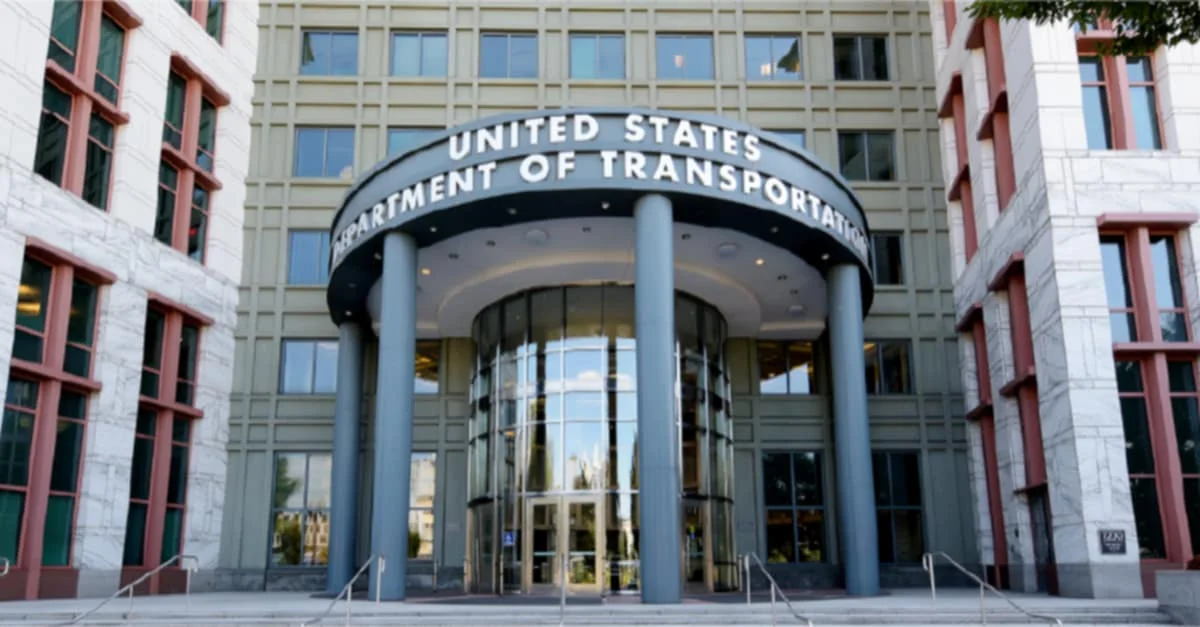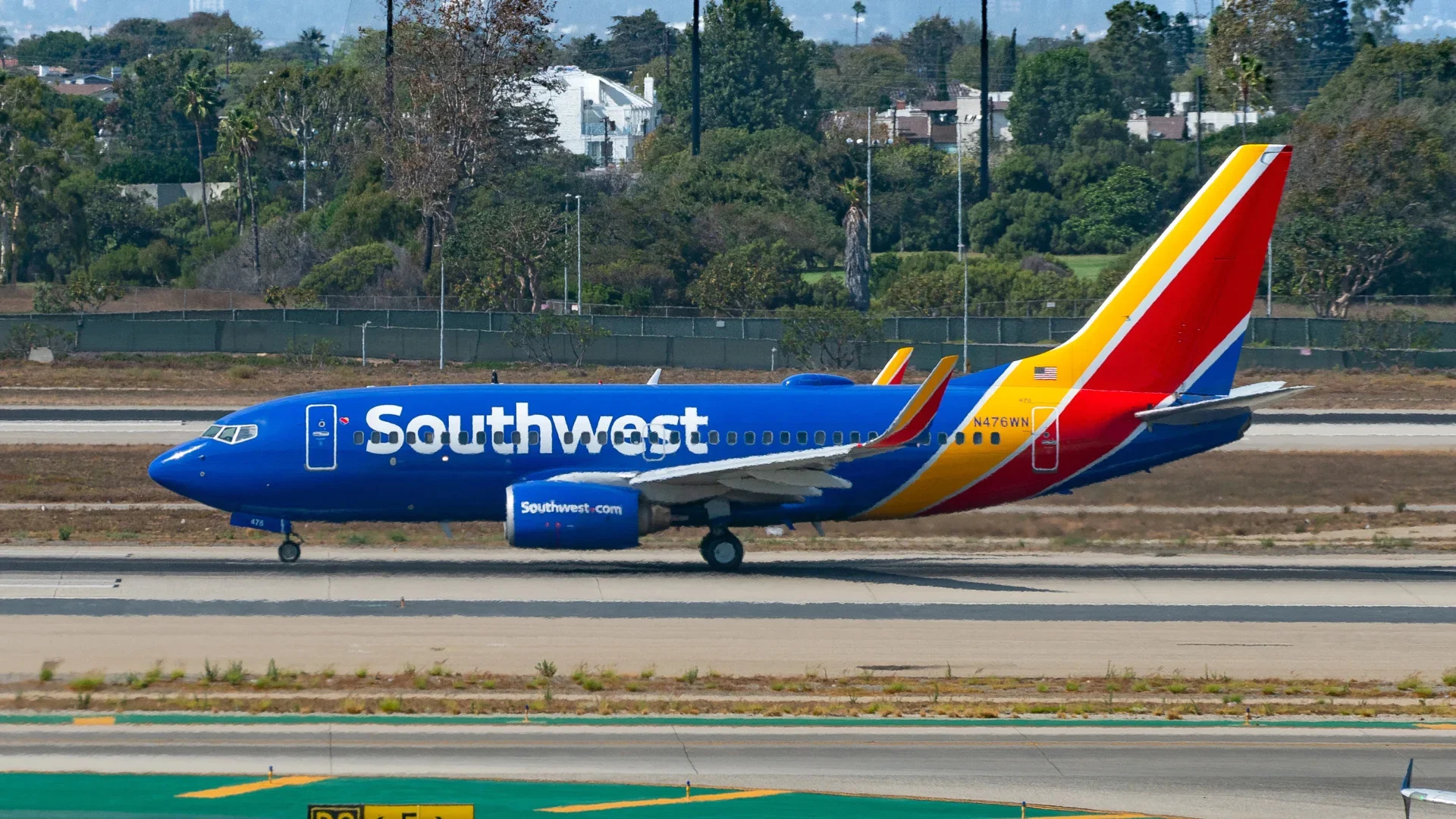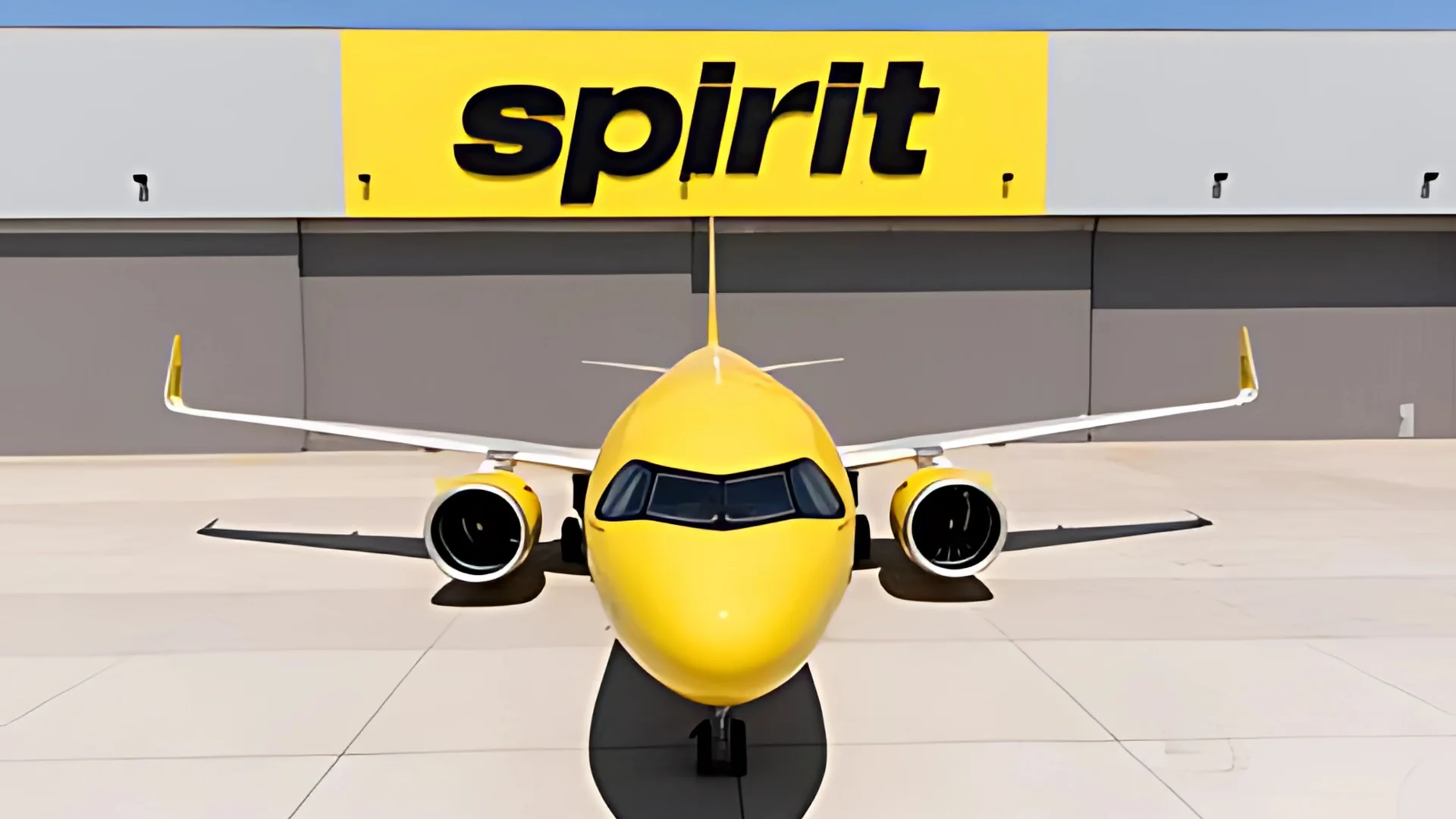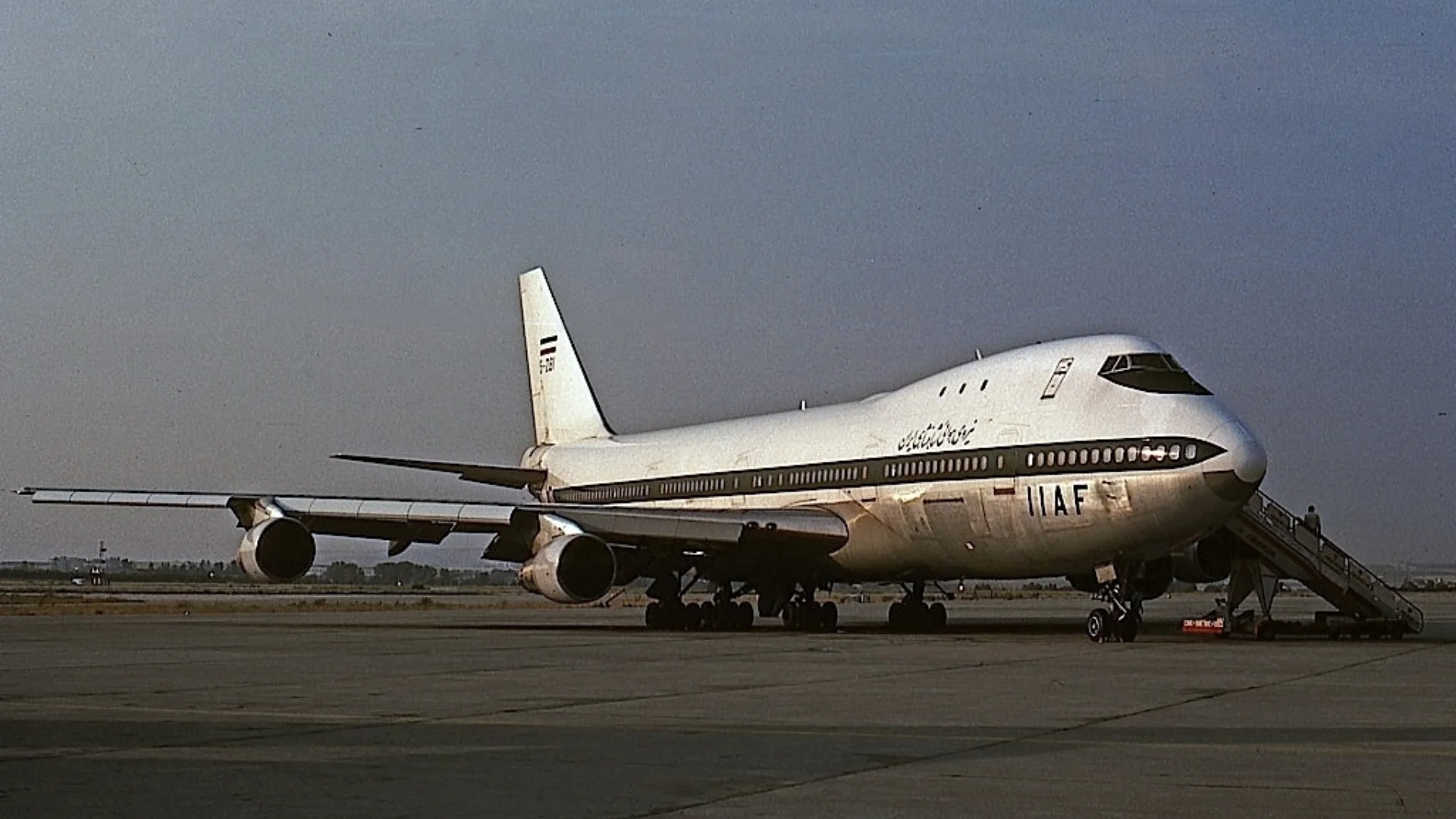Airline passengers often express concerns about cramped seating, but the U.S. Department of Transportation (DOT) currently does not regulate seat size or passenger comfort. The DOT and the Federal Aviation Administration (FAA) focus their regulations primarily on aviation safety, which includes emergency evacuation protocols and the structural integrity of aircraft seats. According to the DOT, "the size of an airline seat does not directly affect inherent safety," which has led to a continued absence of standardized seat size regulations.
Despite consumer advocates urging for minimum seat dimensions, legal efforts have been unsuccessful. The DOT prioritizes other consumer protection areas, such as regulating airline refunds and mitigating apron delays, and maintains "that seats remain a customer service issue and do not affect the safety of passengers onboard." This stance, however, could shift if Congress initiates a mandate.
The Airline Deregulation Act of 1978 introduced a deregulated aviation industry in the United States, allowing airlines to determine their fare structures and route offerings independently. Consequently, airlines have developed various service models, ranging from no-frills, cost-effective travel to more luxurious cabins. The deregulation has been argued to improve competition, benefiting consumers with lower ticket prices and diverse travel options.
 Alerts Sign-up
Alerts Sign-up










